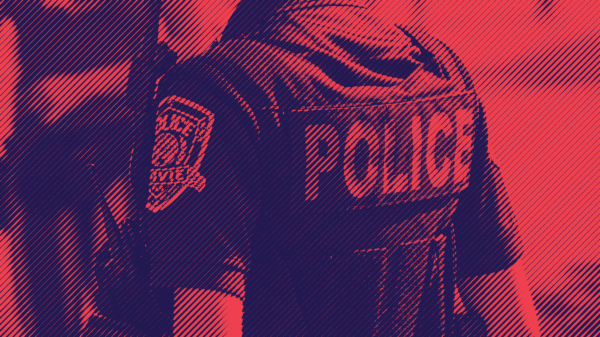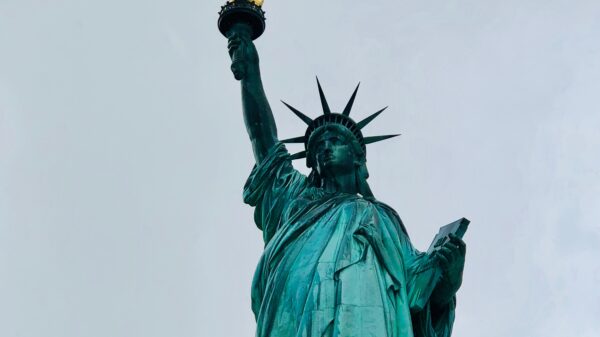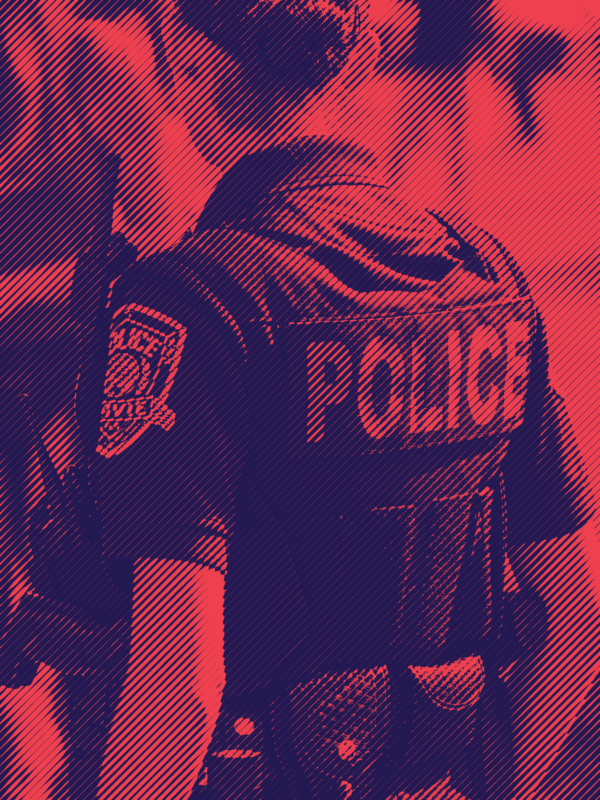Take Action
All Actions
16 Actions

Contact your senator or representative
Communicating with elected officials is a vital part of creating lasting change. Make a call, write a postcard, or send an email.

Volunteer now to make a difference in our state
The Action Team is dedicated to protecting the basic freedoms and liberties of every person in our state.
Stay Informed
Sign up to be the first to hear about how to take action.
By completing this form, I agree to receive occasional emails per the terms of the ACLU’s privacy statement.
By completing this form, I agree to receive occasional emails per the terms of the ACLU’s privacy statement.













